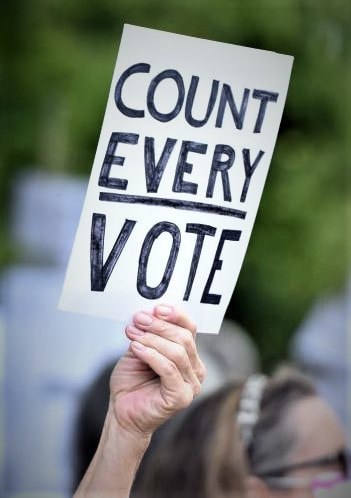
First filed by Rep. Ted Lieu (D-CA), this bill currently has 16 co-sponsors. It has not been introduced into the Senate yet this session, though it has been in the past. Please contact your US Representative and Senators; tell them to cosponsor the bill in the House and introduce it into the Senate.
HR669 would prohibit using federal funds to conduct a first-use nuclear strike unless Congress expressly authorizes such a strike pursuant to a declaration of war. A first-use nuclear strike is an attack using nuclear weapons against an enemy that did not first launch a nuclear strike against the US, its territories, or its allies.
A first-use nuclear strike by the US would constitute a major act of war. A first-use nuclear strike conducted without a Congressional declaration of war would violate the US Constitution, which gives Congress the right to, or not to, declare war. Congress has not officially declared war since World War II, therefore the US could not use nuclear weapons as a first strike military operation. The only situation in which the US could use nuclear weapons would be in response to a confirmed nuclear attack on itself or its allies.
Here's a downloadable flier to print and share. Thanks for taking action!






 RSS Feed
RSS Feed
